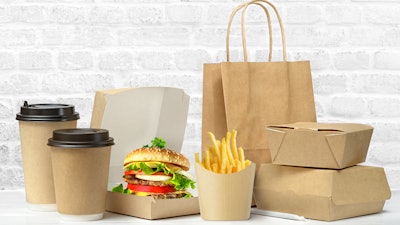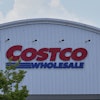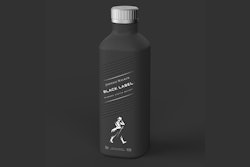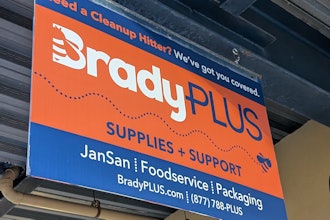
On Friday, the U.S. Food and Drug Administration is announced that the manufacturers of certain per- and polyfluoroalkyl substances (PFAS) used for grease-proofing in paper and paperboard for food packaging (for example, as coatings on some fast-food wrappers, to-go boxes, and pizza boxes) have voluntarily agreed to phase-out their sales of these substances for use as food contact substances in the United States. This action follows new analyses of data that raised questions about potential human health risks from chronic dietary exposure – findings that warrant further study. This phase-out balances uncertainty about the potential for public health risks with minimizing potential market disruptions to food packaging supply chains during the COVID-19 public health emergency.
Earlier this year, FDA scientists published their analyses of studies on certain PFAS used in food packaging. Their analyses of data from rodent studies raised questions about a subset of short-chain PFAS that contain 6:2 fluorotelomer alcohol (6:2 FTOH) because of evidence of biopersistence of 6:2 FTOH. While the findings were from studies in rodents, and at higher doses than we would expect in humans, the data suggest the potential of 6:2 FTOH to also persist in humans from chronic dietary exposure. Further scientific studies are needed to better understand the potential human health risks from dietary exposure to food contact substances that contain 6:2 FTOH.
Beginning in January 2021, three manufacturers will begin a 3-year phase-out of their sales of certain substances that contain 6:2 FTOH for use as food contact substances in the U.S. marketplace. After the phase-out period, it is anticipated that it may take up to 18 months to exhaust existing stocks of paper and paperboard products containing these food contact substances from the market. A fourth manufacturer informed the FDA in 2019 that they have stopped sales of their short-chain PFAS products in the U.S. market.
The four manufacturers of these short-chain grease-proofing agents previously obtained authorization for the use of these substances in food contact paper packaging applications through the FDA’s Food Contact Notification (FCN) process. This pre-market scientific review ensures that food contact substances (FCSs) are safe for their intended use, based on the scientific data that is available at the time of submission. As part of fulfilling the FDA’s public health mission, the agency continued to review the latest data and science regarding these short-chain grease-proofing agents and engaged with the manufacturers on the new analyses that informed the voluntary phase-out being announced today. We will monitor the progress of the phase-out of these short-chain grease-proofing agents through annual updates provided by the three remaining manufacturers.
The voluntary commitments made by these four manufacturers will be noted in the FDA's Inventory of Effective Food Contact Substance (FCS) Notifications, which is the main mechanism by which the FDA informs both the public and industry of substances authorized through the FCN program.
In addition to monitoring the latest science and data regarding food contact applications, including reviewing the limited authorized uses of certain PFAS in food contact applications, the agency continues to assess foods for possible PFAS contamination, with the goal of monitoring levels in the food supply. Today’s announcement demonstrates the FDA’s commitment to advance the science surrounding potential health risks of PFAS, and work with industry to take steps to reduce consumer exposure to certain PFAS consistent with scientific advances and understanding. The FDA will continue to share further updates as our ongoing work on potential PFAS exposure in foods continues.





















